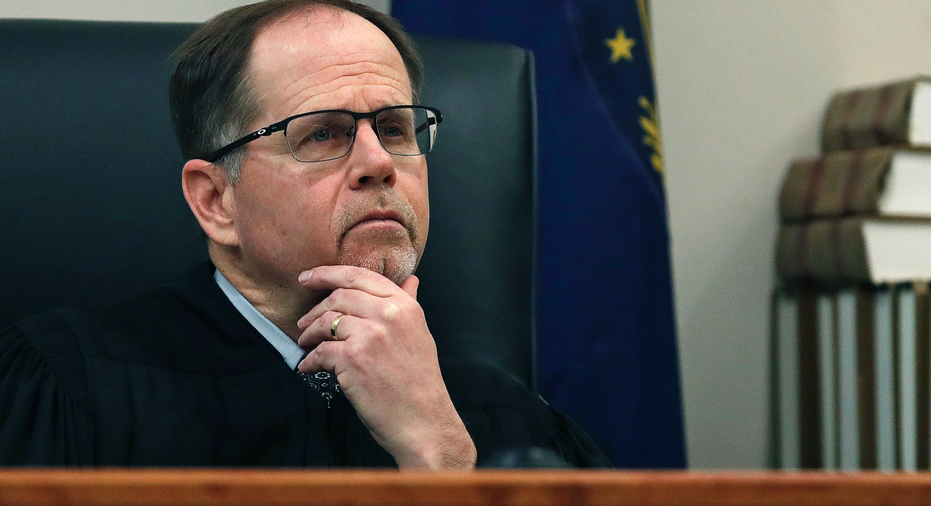The Latest: Commission respects ruling on lottery winner ID

CONCORD, N.H. – The Latest on a judge's ruling that the winner of a Powerball jackpot worth nearly $560 million can keep her identity private(all times local):
2:55 p.m.
The New Hampshire Lottery Commission says it respects a judge's decision to let a woman who won a Powerball jackpot worth nearly $560 million keep her identity private.
Commission executive director Charles McIntyre says the commission was "expecting a different outcome" Monday and believed the state had a strong argument.
The commission says it will consult with the attorney general's office to determine what to do next regarding the case.
A lawyer representing the woman says she was "jumping up and down" after learning of the judge's ruling in her favor. Lawyer William Shaheen says the woman is from Merrimack, 25 miles (40 kilometers) south of Concord (KAHN'-kard).
The woman's lawyers argued her privacy interests outweigh what the state said is the public's right to know who won the money.
___
2:15 p.m.
A lawyer representing a New Hampshire woman who won a Powerball jackpot worth nearly $560 million says the winner was "jumping up and down" after learning a judge ruled she can keep her identity private.
Lawyer William Shaheen said Monday the woman is from Merrimack, about 25 miles (40 kilometers) south of Concord (KAHN'-kard). The winning ticket was sold at the Reeds Ferry Market in that town for the Jan. 6 drawing.
The judge ruled the New Hampshire Lottery Commission cannot release the woman's name or address. The commission hasn't responded to a request for comment on the judge's decision.
The commission points out the combined jackpots for the next Powerball and Mega Millions lottery drawings total $738 million. It advises people to get their tickets before a big winter storm forecast Tuesday.
___
12:20 p.m.
A judge has ruled that a New Hampshire woman who won a Powerball jackpot worth nearly $560 million can keep her identity private.
Judge Charles Temple said in a ruling Monday that disclosing the woman's name would be an invasion of privacy. He ruled, however, that her hometown can be released publicly.
The unidentified woman signed her ticket after the Jan. 6 drawing, but later learned from a lawyer that she could have shielded her identity by writing the name of a trust. They said she was upset after learning she was giving up her anonymity by signing the ticket — something the lottery commission acknowledged isn't spelled out on the ticket, but is detailed on its website.
The woman's lawyers argued her privacy interests outweigh what the state said is the public's right to know who won the money in the nation's eighth-largest lottery jackpot.



















